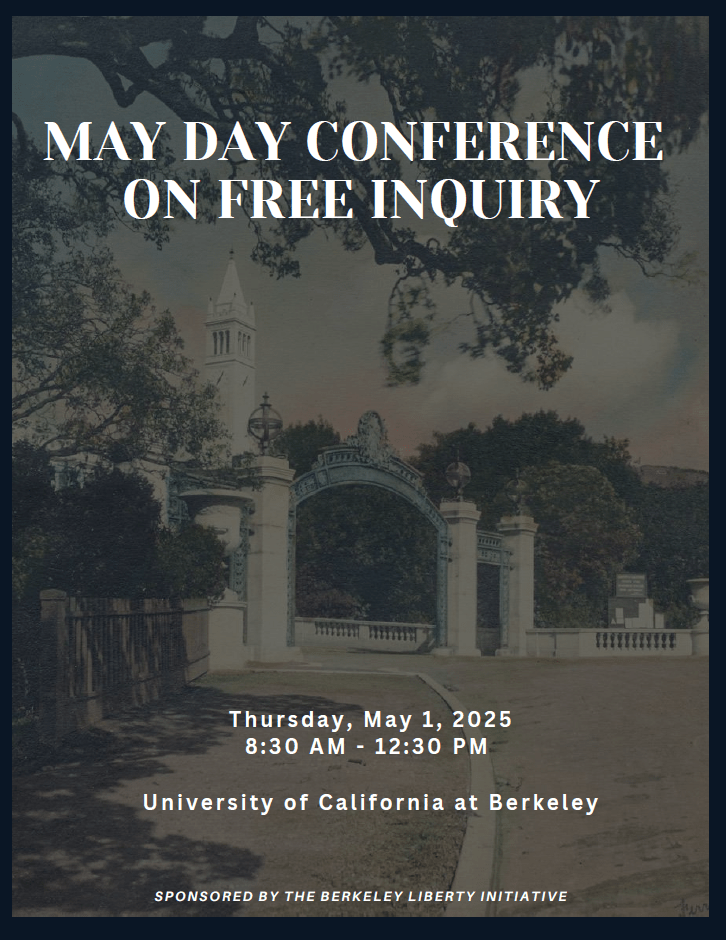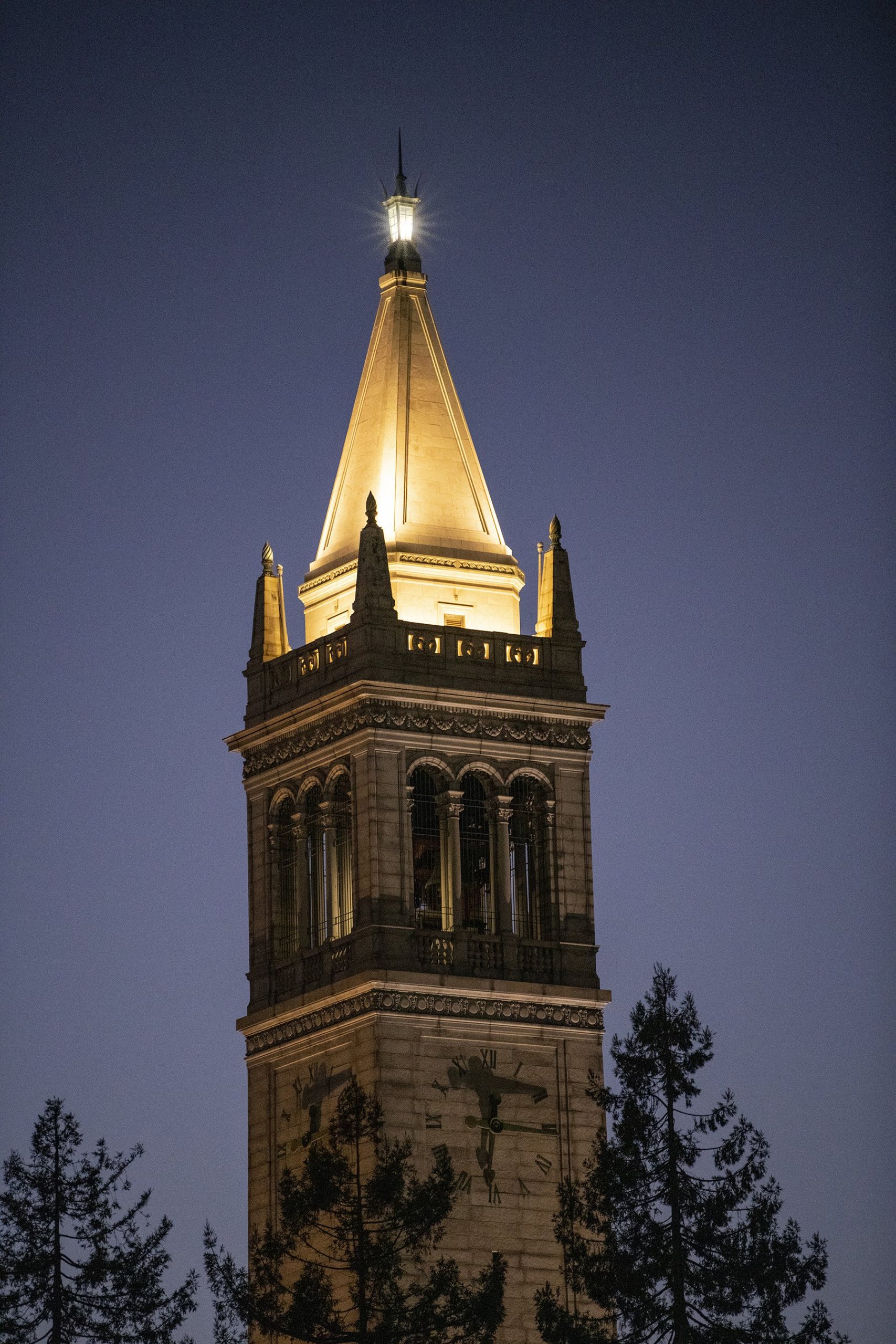Author: Chris Hoofnagle
-
BIFI Statement on Investigations
Statement by the Executive Committee, Berkeley Initiative for Freedom of Inquiry As faculty dedicated to promoting free inquiry at UC Berkeley, we write to express our concern about the individualized incident data recently shared with the US Department of Education regarding investigations of students and faculty. It is especially troubling that some of these allegations…
-
Berkeley Senate Letter on Records Request
The Berkeley Division of the Senate sent the following letter concerning the release of individualized data.
-
Statement on the Nativ Lawsuit
Statement by the Executive Committee of the Berkeley Initiative for Freedom of Inquiry: As members of the Berkeley faculty, we are deeply troubled by the allegations in the recent complaint filed by Dr. Yael Nativ, which raises grave questions about whether our campus is living up to its civil rights obligations and free speech commitments. The complaint alleges that a department…
-
BIFI EC Statement on Regents Discipline Policy
On July 8, 2025, the Executive Council of BIFI sent the following letter to the UC Regents concerning the Proposed Revisions to Academic Personnel Manual (APM) Section 016 (Faculty Conduct and the Administration of Discipline). Dear Regents, We are a group of Berkeley faculty representing diverse viewpoints and disciplines who share a common commitment to…
-

-
BIFI EC Statement
Statement by the Executive Committee of the Berkeley Initiative for Freedom of Inquiry, a faculty group dedicated to improving the climate for free speech at Berkeley: We join our colleagues in the Berkeley Faculty for the Freedom to Learn and the Berkeley Faculty Association in deploring the current presidential administration’s capricious attacks on universities around…
-
Regents End DEI Statements in Hiring
UC System Provost Katherine Newman wrote in a letter to campuses on March 19, 2025 that the UC Regents have directed campuses to end the practice of using diversity statements in hiring: I write at the request of President Drake to let you know about a decision by the UC Board of Regents to change…
-
Student Survey Elucidates Nuances About Speech Concerns
An Inside Higher Ed and Generation Lab survey of 1,034 students at 197 two- and four-year institutions found interesting nuances about students’ concerns: The largest share of students, 40 percent, say other students are most at fault for escalating tensions around campus speech, with the question offering 10 possible responses and up to two selections. The more…
-
FIRE Survey Finds Support for Institutional Neutrality at Berkeley
FIRE has released a large (N=6,269) survey of faculty at selected universities on free speech. There is a breakout panel on Berkeley (n=156). The survey found stronger support for institutional neutrality at Berkeley (75%) than among faculty overall (70%).
-
Michigan report: DEI statements are political litmus tests
The University of Michigan Diversity Statement Working Group found that “these standalone documents [DEI statements] should no longer be solicited as part of faculty hiring and consideration for promotion and tenure. This first recommendation is based upon the nearly 2,000 faculty member responses to a survey we created, our reading of numerous actual diversity statements…
